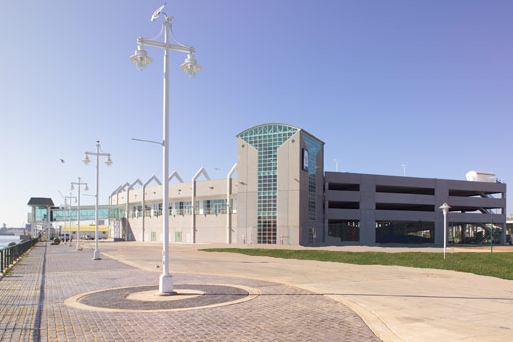
ABC reported that the case of Mobile, Ala., is cautionary: Mobile wooed Carnival for years, borrowing $20 million to build a terminal Carnival would find acceptable. Carnival eventually agreed to base a ship there, and, in 2007 named Mobile its port of the year. The city spent $2.6 million more, according the Times, on a new gangway. Then, two years later, Carnival left, saying fuel costs had made Mobile a more expensive base than higher-trafficked, more popular New Orleans.
It depends, he says, on such variables as whether one includes the cost of the terminal and its related infrastructure, or the cost of ships’ impact on the local environment and quality of life (noise, traffic congestion, more pedestrians, and more need for security, for example).
Klein says the effect of cruise ship tourism on the economies of U.S. port cities has been mixed.
There’s a big difference between the benefits enjoyed by a home port (a city where a ship is permanently based) and a port-of-call (a city where transient ships merely visit).
